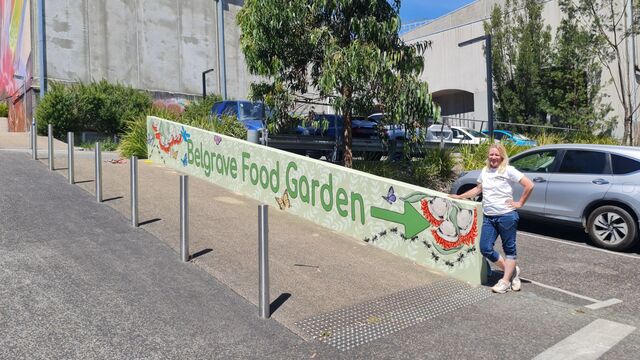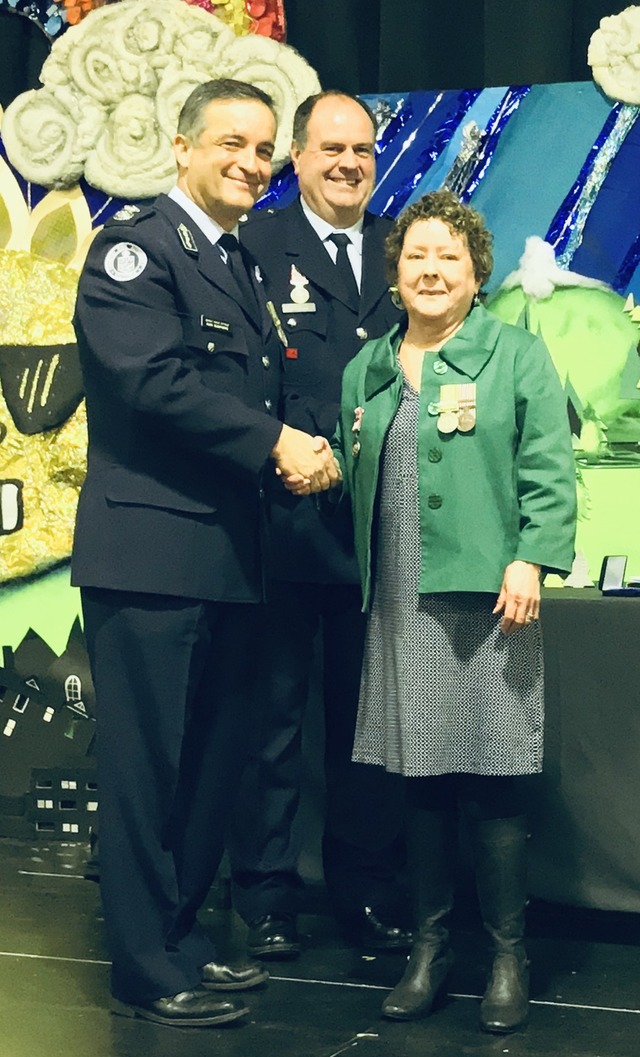A review of Tender Morsels by Margo Lanagan
Back in 2009, when Australian author Margo Lanegan’s young adult title Tender Morsels won the World Fantasy Award for Best Novel, there was praise as well as condemnation.
The book was commended by Meg Rosoff via the Guardian as being “funny, tragic, wise, tender and beautifully written”. Described by the School Library Journal as “a novel not to be missed”, it is one of Neil Gaiman’s “favourite books in ages… powerful and moving”.
Yet, via the Daily Mail, Danuta Kean was quick to denounce the book as “the kind of sordid wretchedness usually only on offer in the stacks of misery memoirs found in supermarkets, or in the seedy extremes of violent crime fiction”.
Keep in mind that it was 2009, before the Royal Commission into Institutional Responses to Child Sexual Abuse, before Jill Meagher, Rosie Batty and Hannah Clarke, before the #MeToo movement, and before Grace Tame and Brittany Higgins.
It was a time when the aforementioned Kean’s view was prevalent: “The truth is that when children are exposed to deeply disturbing scenarios in teenage fiction, they are made painfully aware that the world contains cruelty beyond their experience and their imagination.”
Kean insists that children’s innocence should not be underestimated, that we should teach them “the evil out there is an aberration, not the norm”. But Lanegan is not convinced.
Instead, the author believes young adults are able to handle the themes of her book: “There’s this assumption that all children have the luxury of a childhood where their innocence is always respected and their main occupation is pleasant play – at the age of 18, or 21, they are then thrust into the real world and shown the uglier side, but not before.”
“How on earth do people imagine we equip children for life, if we never show them the sorts of issues other people encounter, if we never talk through with them how they might deal with difficulty, or violence, or unexpected shocks and surprises?”
Thus Tender Morsels remains relevant today, as we have learned to expose the “uglier side” of humanity in a collective and continuous effort to eliminate it. To sweep such ugliness under the carpet is neither healthy nor helpful, in the same way that 15-year-old Liga escapes to a parallel world where everything is calm, comfortable, pleasant and peaceful.
Liga has suffered much abuse by her own father and other men in her village. Without confronting reality, she cannot truly recover from her emotional and psychological trauma. Worse, desperately trying to shield her daughters Branza and Urdda from all possible danger, Liga fails to educate them what harm there can possibly be and how to handle it when the unthinkable happens. It is true that Tender Morsels is suitable only for mature-minded teenage and adults readers.
It is hard to recognise there is both evil and sweetness in our true world, but it is more difficult – yet necessary – to appreciate the magic and heartbreak of learning to live with both.














